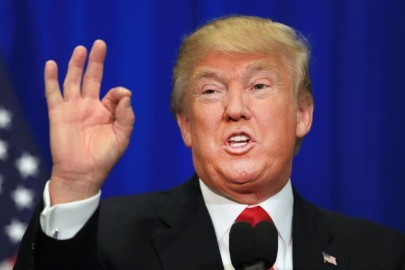Trump’s official Chinese name is Te Lang Pu. That translates to “extraordinary, bright and popular” — the of kind of name he might choose for himself.
But it also can mean “unusual, loud and common,” surely the preference for his detractors in the United States.
The reason for such stark differences is that translations of foreign names are based on Chinese characters, which are words, not letters. As a result, when you write a foreign name in Chinese, you add meaning whether you intend to or not.
Because of the potential for offence, China has an official name translation department inside the state-run Xinhua News Agency. Those workers translate dozens of foreign names every day, and if they have a potentially sensitive one, they run it by the Foreign Ministry for approval. Secretary of State nominee Rex Tillerson becomes Di Le Sen, which translates to “stem, coerce, dark.” President Trump adviser Kellyanne Conway is Kang Wei, meaning “healthy, leather hide.” And Ryan Zinke, Trump’s nominee for Interior secretary is Jin Ke, which means “ferry crossing, gram or saliva, digest.” Since Chinese characters have multiple meanings, it’s hard to avoid amusing coincidences.
source: usatoday.com
Ask me anything
Explore related questions





